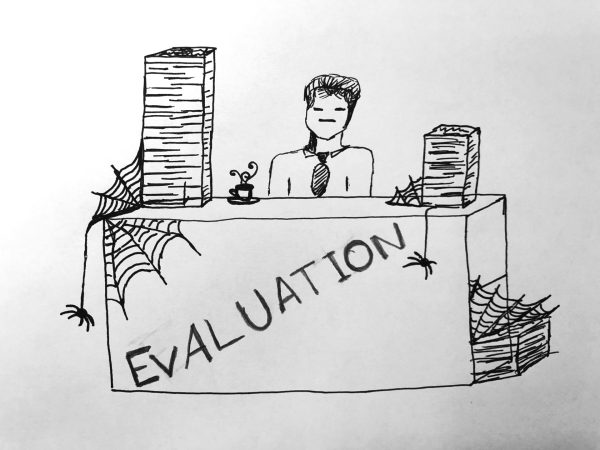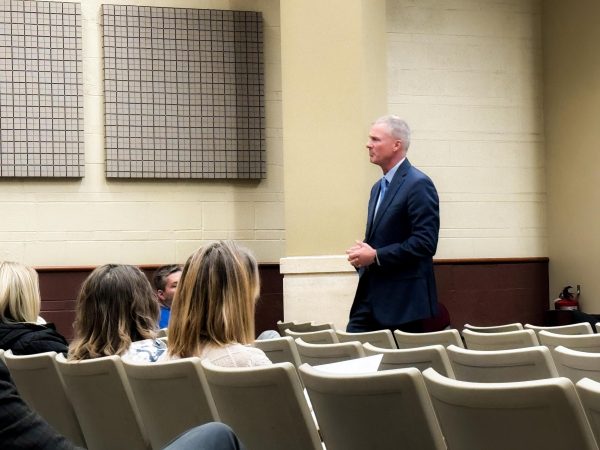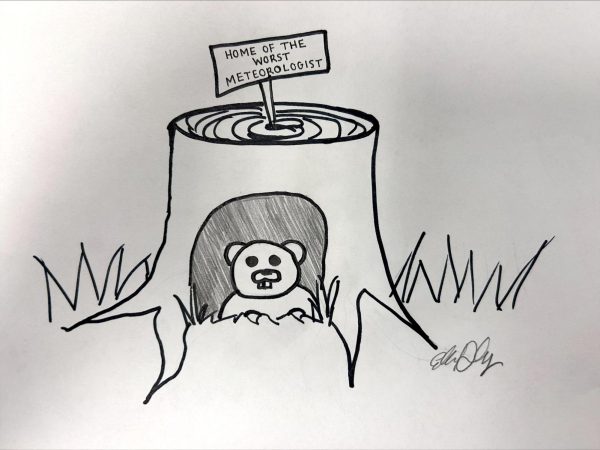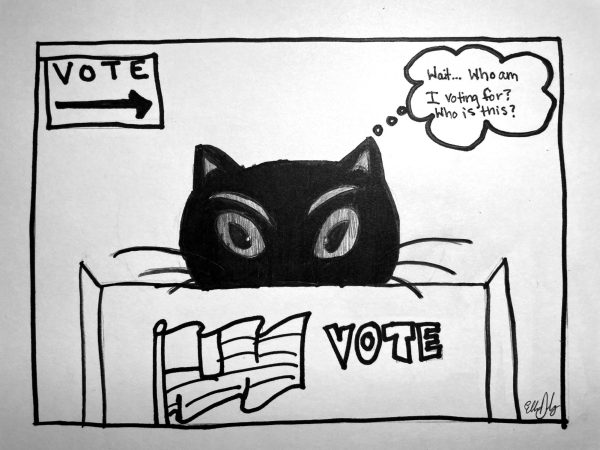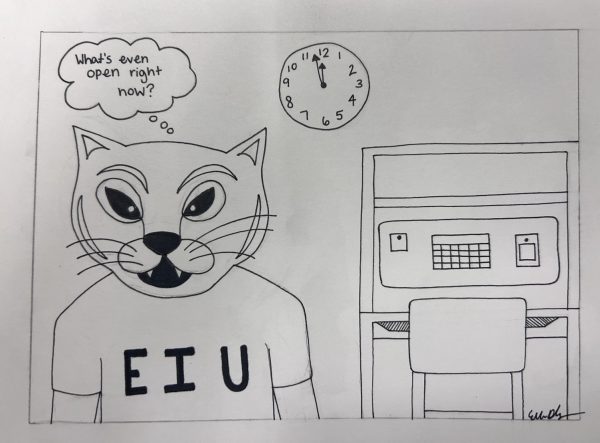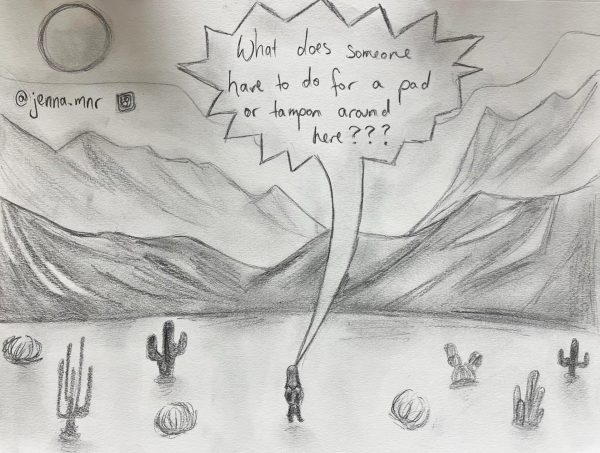Think before you post
April 3, 2018
With technology and social media, we have seemingly unlimited access to information and communication in seconds.
And more times than not, we don’t give our own posts a second thought before we share our own information, pictures and whereabouts with our followers and the Internet in general.
Facebook resurrects for our generation when we enter college, becoming another landscape for us to share what we are up to—everything from prospective job interviews to nights out on the town. These posts also make their ways to our Instagram feeds, become the subject of our tweets and make debuts on our Snapchat stories for 24 hours.
While college is meant to be a fun and exciting time for us both professionally and socially, caution must be taken before we make a post. Although our profiles may have the highest privacy settings or posts expire and are “taken down” on their own after a certain amount of time, that information shared was still seen by an audience and can still be found somewhere in some copied form on the internet. Even if we delete something, it is not entirely gone forever. That is one of the most terrifying and powerful things about the Internet.
Social media has become a huge resource for companies and employers to find future employees. Recruiters comb through the social media profiles of potential employees, searching for red flags in order to progress to the next step in their part of the hiring process.
A CareerBuilder study reports that 70 percent of employers use social media to screen candidates before hiring them. Sure, we all have embarrassing posts and statuses we made when we were in sixth grade and too young to have that much access at our fingertips. Those posts, however, are the least of your worries.
Here is a list of the kinds of posts and information to check your current social media for and what to avoid the next time you share, courtesy of businessnewsdaily.com:
1. Inappropriate photographs, videos or information
2. Photos of you drinking or using drugs
3. Discriminatory comments related to race, gender or religion
4. Harshly criticizing previous companies or fellow employees
5. Posts linking to criminal behavior
6. Sharing confidential information from previous employers
7. Using an unprofessional user name
We all make mistakes and get carried away with our social media. Getting likes, receiving buzz and feeling like people care about what we are sharing is what makes social media so fun to use. However, if used incorrectly, it can do more harm than good.
Before you post, consider this: is what you are sharing something you would want a stranger to know? Is it something you would want to see on the front page of a newspaper or magazine? Is it something that defines you completely or are there other qualities you could highlight?







































